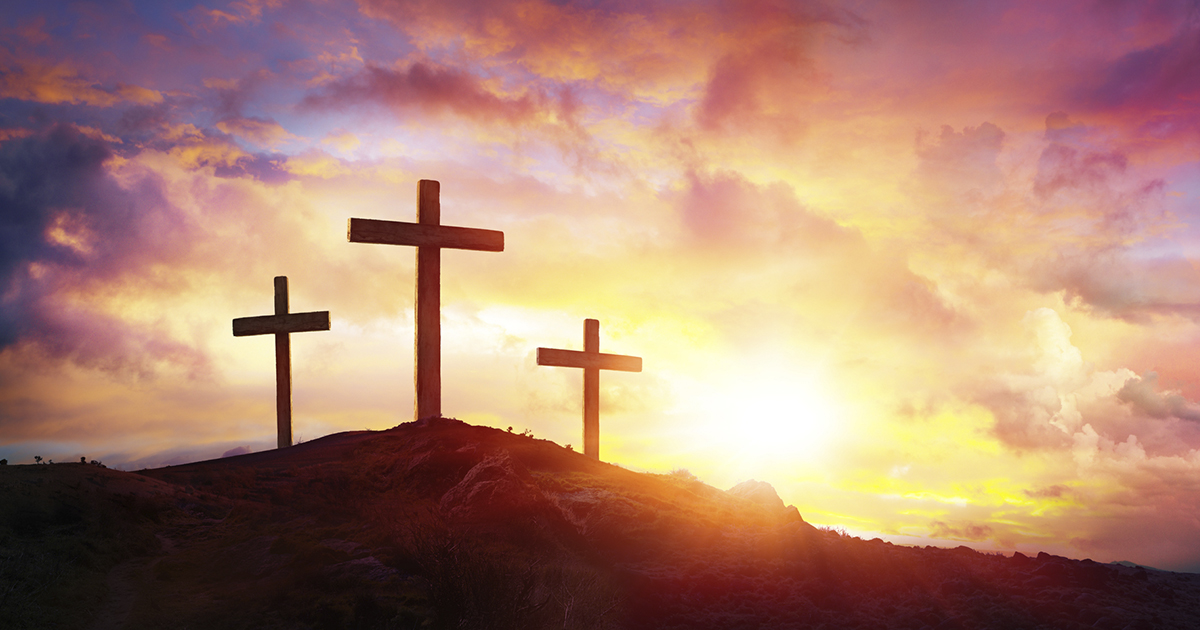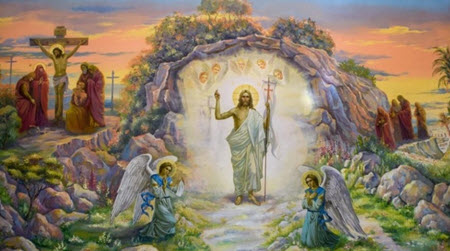
Easter – the sacred holiday of Christians worldwide – has a surprising history that many may not be aware of. This Christian holiday, celebrated globally, has roots that stretch back thousands of years and intertwine with various traditions and practices from different cultures. Understanding the origins of Easter can provide a deeper insight into the significance of this religious observance and shed light on how it has evolved over time.
Key Takeaways:
- Pagan Origins: Easter has roots in ancient pagan festivals celebrating spring and fertility, with traditions like egg decoration and the Easter bunny originating from these pagan rituals.
- Christian Adaptation: The Christian celebration of Easter evolved to coincide with these pagan festivals in order to attract more converts to Christianity by incorporating familiar customs and symbols.
- Religious Significance: Despite its origins, Easter in Christianity holds immense religious significance as it commemorates the resurrection of Jesus Christ, which is the core belief of the faith and symbolizes hope, renewal, and rebirth.
Historical Roots of Easter
Easter’s Pagan Precursors
Roots of Easter can be traced back to various pagan celebrations that preceded the Christian holiday. The name “Easter” itself is believed to have originated from Eostre, the Anglo-Saxon goddess of fertility and spring.
The Jewish Passover Connection
With its connection to the Jewish Passover, Easter also has deep roots in the Jewish tradition. The Last Supper, a key event in the Christian Easter story, is linked to the Passover meal that Jesus shared with his disciples before his crucifixion.
Understanding the significance of the Jewish Passover in the Easter story helps illuminate the intricate historical and religious connections between Christianity and Judaism. The timing of Easter, based on the lunar calendar and the date of Passover, underscores the intertwined nature of these two religious observances.
The Christian Adoption of Easter
The Council of Nicaea’s Influence
Even before Easter was established as a major Christian holiday, its roots can be traced back to the First Council of Nicaea in 325 AD. This council, convened by Emperor Constantine, sought to unify Christian beliefs and practices. It was here that the date of Easter was officially set as the first Sunday following the full moon after the spring equinox.
Syncretism and the Shaping of Easter Traditions
Christianity has a history of incorporating elements of other cultures and religions, a process known as syncretism. As Christianity spread to regions with existing spring festivals celebrating rebirth and renewal, it adapted and absorbed some of these traditions into its own Easter celebrations.
It is fascinating to see how the blending of cultural practices and religious beliefs has shaped the Easter traditions we recognize today, from the symbolism of eggs and bunnies to the significance of the resurrection in Christian theology.
Easter Symbols and Their Origins
The Easter Egg: From Pagan Tradition to Christian Symbol
Origins of the Easter egg as a symbol of Easter can be traced back to ancient pagan traditions. Eggs were seen as a symbol of fertility and new life in many cultures, including the Egyptians and Persians. Early Christians gradually adopted the egg as a symbol of the resurrection of Jesus Christ, with the hard shell of the egg representing the sealed tomb of Christ and the cracking of the shell symbolizing His resurrection.
The Easter Bunny: Its Evolution into Christian Celebrations
Symbolizing fertility and new life, the Easter Bunny has evolved into a beloved symbol of Easter celebrations. While its origins can be traced back to German folklore, where the hare was a symbol of Easter, the Easter Bunny as we know it today gained popularity in America in the 18th century. It has since become a widely recognized symbol of Easter festivities, with children eagerly awaiting its arrival to deliver colorful eggs and treats.
It is interesting to note how these symbols, once rooted in pagan traditions, have been seamlessly integrated into Christian celebrations, enriching the tapestry of Easter traditions that are celebrated worldwide today.
Easter Celebrations Around the World
Unique Easter Traditions Across Different Cultures
Your Easter celebrations may vary depending on where you are in the world. In the Czech Republic, it is customary to have a tradition called “pomlázka,” where boys playfully whip girls with decorated willow branches on Easter Monday. This is believed to bring health and youthfulness to the girls. In Norway, it is common to read crime novels during Easter, making it a popular time for “Easter Thrillers.”
The Influence of Local Customs on Easter Practices
Different cultures have infused their own unique customs into Easter celebrations, enriching the holiday with diverse traditions. In Greece, the cracking of red eggs is a popular Easter custom symbolizing the resurrection of Jesus. In Bermuda, flying colorful kites on Good Friday is a cherished practice, with locals believing that the kites carry away their sins.
This blend of local customs with traditional Easter practices showcases the rich tapestry of cultures that have shaped the holiday’s observance around the world. Whether you are exchanging chocolate eggs or attending church services, these local traditions add depth and color to the global celebration of Easter.
Summing up
Drawing together the pieces of Easter’s surprising origins in Christianity, we see a rich tapestry of history, traditions, and faith. The holiday’s roots in pagan and Hebrew celebrations, as well as its evolution through Christian practices, offer a unique perspective on the meaning and significance of Easter. Understanding the diverse influences that have shaped Easter helps us appreciate the depth of symbolism and the spiritual significance of this important holiday in the Christian calendar.
FAQ
Q: What are the surprising origins of Easter in Christianity?
A: Easter, which celebrates the resurrection of Jesus Christ, has its origins in both Christian and pagan traditions. The Christian observance of Easter began as early as the 2nd century, while the pagan celebration of the spring equinox also played a role in shaping the holiday.
Q: How did Easter become associated with eggs and bunnies?
A: The tradition of Easter eggs can be traced back to ancient pagan rituals symbolizing fertility and new life. Christians later adopted the custom, associating the egg with the resurrection of Jesus. The Easter bunny, on the other hand, has roots in German folklore and symbolizes fertility and rebirth.
Q: Why is Easter celebrated on different dates each year?
A: The date of Easter changes each year because it is based on the lunar calendar. Easter falls on the first Sunday after the Paschal full moon, which is the first full moon on or after the spring equinox. This means that Easter can occur anytime between March 22 and April 25.



